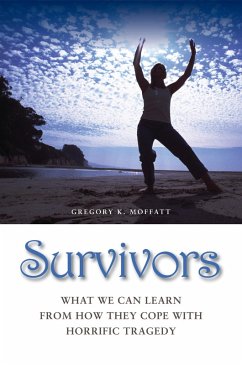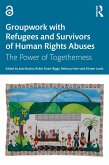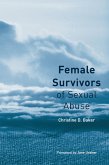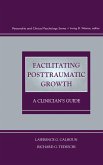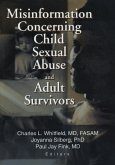Case studies show how various personal, social, and protective factors can override seemingly unbearable trauma.
Rather than addressing what goes wrong when people are traumatized, Survivors: What We Can Learn from How They Cope with Horrific Tragedy takes a positivist approach. Filled with stories of people who overcame seemingly unbearable events, the book examines the details of their traumas to explain what combination of factors enabled them to thrive despite their experiences.
Survivors studies men and women, adults and children, Americans and those from other lands. It encompasses victims of the Nazi Holocaust, survivors of spinal injury, victims of violent crime, adult victims of child abuse, and survivors of the Rwandan genocide. Author Gregory K. Moffatt, a psychologist and counselor, looks at all of these cases in the light of research regarding post-traumatic growth and clinical implications. He explains the combination of social context and protective and personal factors identified as prime agencies for resilience, drawing lessons that can prepare us, not only for extreme trauma, but to deal with the everyday traumas that affect us all.
Rather than addressing what goes wrong when people are traumatized, Survivors: What We Can Learn from How They Cope with Horrific Tragedy takes a positivist approach. Filled with stories of people who overcame seemingly unbearable events, the book examines the details of their traumas to explain what combination of factors enabled them to thrive despite their experiences.
Survivors studies men and women, adults and children, Americans and those from other lands. It encompasses victims of the Nazi Holocaust, survivors of spinal injury, victims of violent crime, adult victims of child abuse, and survivors of the Rwandan genocide. Author Gregory K. Moffatt, a psychologist and counselor, looks at all of these cases in the light of research regarding post-traumatic growth and clinical implications. He explains the combination of social context and protective and personal factors identified as prime agencies for resilience, drawing lessons that can prepare us, not only for extreme trauma, but to deal with the everyday traumas that affect us all.

